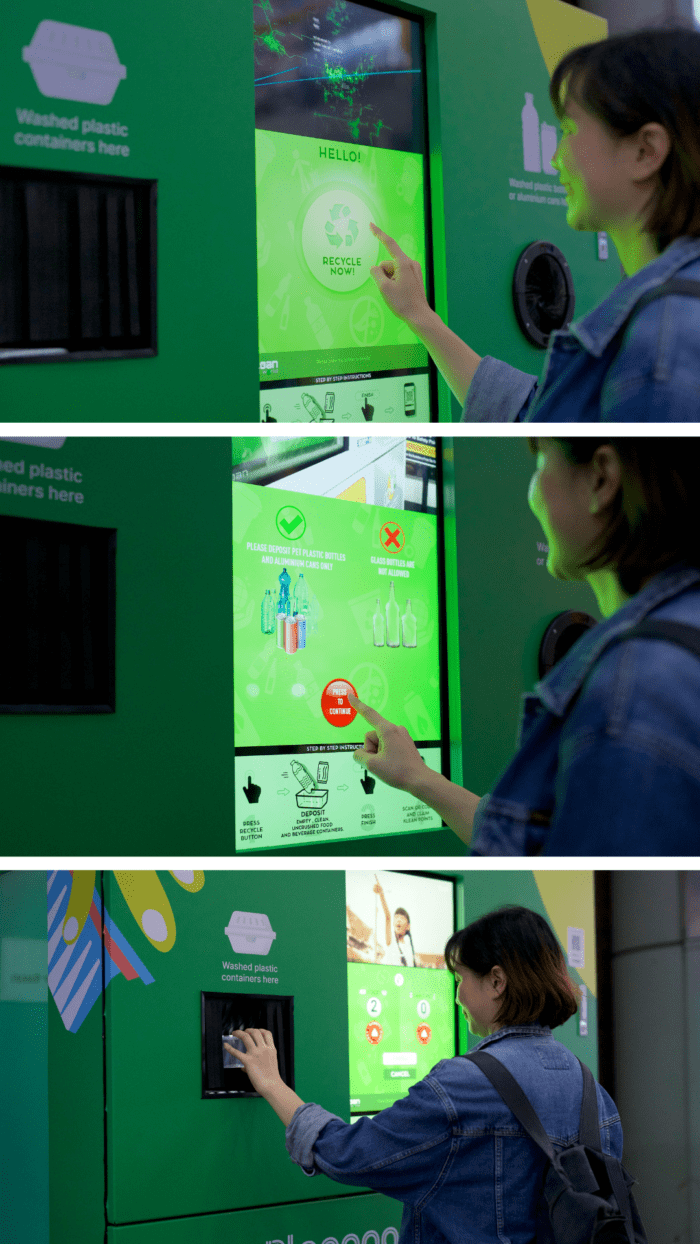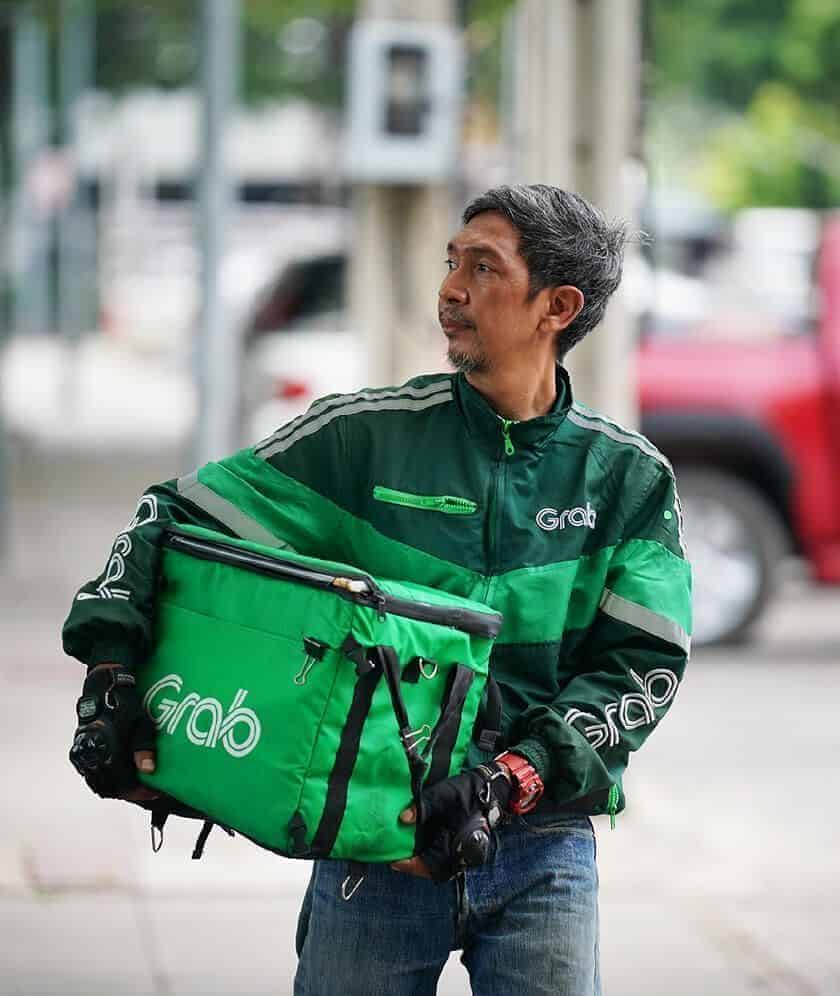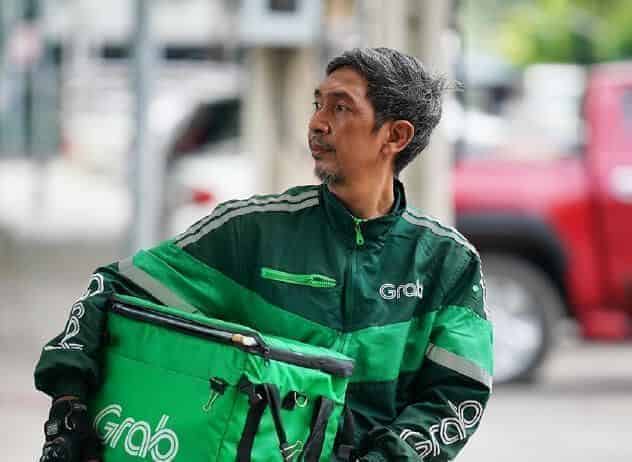Users in Malaysia can start turning their plastic waste into rewards vouchers, with new AI-enhanced smart recycling machines.
Grab has partnered recycling startup Klean to give the latter’s reverse vending machines (RVMs) an AI upgrade that can detect plastic food packaging.
Klean has a base of existing machines that accept aluminium cans and PET bottles. They take these and offer users Klean points, which can be used to redeem vouchers from reward partners like energy group Petronas.
18 of the new RVMs started rolling out in October, and have been developed with an additional sensor and software that’s been trained to detect plastic food packaging.
Watch: What inspired the recycling project and how the RVMs work
The project was co-funded by Grab and food and beverage group F&N, together with a tech grant from Malaysian government agency, MRANTI (Malaysian Research Accelerator for Technology and Innovation).
Users can redeem GrabFood vouchers with Klean points, with each deposit garnering 10 Klean points. 750 Klean points are needed to exchange for a RM5 GrabFood voucher.
A proof-of-concept rollout in February saw one of the new RVM attract 52 unique users, with more than half coming back to try the RVM again. 17 more RVMs have since been placed in high traffic areas such as condominiums, malls, offices, transit hubs and petrol stations all over Klang Valley to boost consumer adoption.
The RVMs are expected to encourage recycling. From a consumer standpoint, contributing is simple: deposit rinsed plastic food containers, scan the vending machine’s QR code, and redeem vouchers using collected Klean points.
How the RVMs work
The new RVMs process images onsite. They’ve been trained to recognise specific data points such as shape and colour, and this information is collected and processed to provide a dashboard charting the carbon footprint saved, and user trends.

Any attempts to deposit other waste will see the smart machines reject them. The RVMs also go into energy-saving mode when they are idle.
Recycling food packaging can be a challenging and laborious task. This is because there are many types of plastics, and they need to be sorted to be recycled properly. Meanwhile, overly soiled packaging may not always be recyclable. With the RMVs that are trained to recognise clean and recyclable plastic containers, it will reduce the effort required to sort food packaging waste and improve recycling rate.
The plastic collected will be taken by Asasrama, Klean’s collection partner and certified processor, to upcycle new plastic material. The waste will be turned into Polypropylene (PP) and Polyethylene Terephthalate (PET) pellets or flakes that will be used to give them a second life by turning them into new products including apparel, fibre for carpets, furniture filling, plastic furniture, pails and plastic boxes.
According to Malaysia’s Ministry of Environment and Water, Malaysians use 1.69 million tonnes of plastic a year.
These RVMs are part of Grab’s wider sustainability commitment. Besides offering a toggle in the app to say no to plastic cutlery since 2019, we are also creating a guide for merchants on sustainability packaging. We believe that developing mechanisms to contribute towards a circular economy will help us reach our 2040 goal to achieve zero packaging waste in nature.
3 Media Close,
Singapore 138498
Komsan Chiyadis
GrabFood delivery-partner, Thailand
COVID-19 has dealt an unprecedented blow to the tourism industry, affecting the livelihoods of millions of workers. One of them was Komsan, an assistant chef in a luxury hotel based in the Srinakarin area.
As the number of tourists at the hotel plunged, he decided to sign up as a GrabFood delivery-partner to earn an alternative income. Soon after, the hotel ceased operations.
Komsan has viewed this change through an optimistic lens, calling it the perfect opportunity for him to embark on a fresh journey after his previous job. Aside from GrabFood deliveries, he now also picks up GrabExpress jobs. It can get tiring, having to shuttle between different locations, but Komsan finds it exciting. And mostly, he’s glad to get his income back on track.

